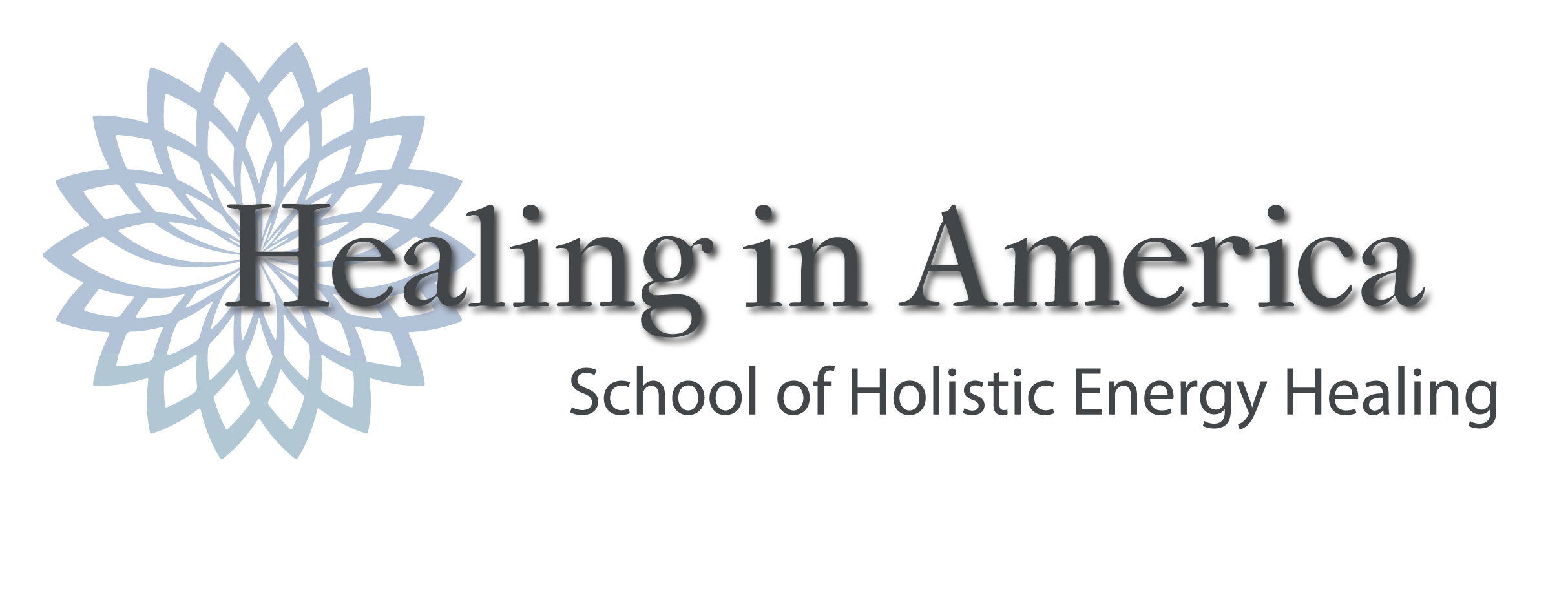Do We Have to Get so Vitriolic With Each Other?
Do We Have to Get
so Vitriolic With
Each Other?
Even though my Dad was mayor of the town in which we lived in England many years ago, I have personally never been that interested in politics. I am also breaking one off my own personal rules to myself - which is not to talk about politics or religion!
As a permanent resident in the U.S. I am unable to vote, however, what does give me cause for concern is that it seems as if the political climate has become increasingly vitriolic, with arguments moving beyond policy debates into personal attacks, divisive language, and emotionally charged rhetoric.
One primary reason politics have become more personal is polarization, driven by social media and news channels catering to specific ideological viewpoints. Platforms like Twitter and Facebook, as well as many news outlets, have realized that sensational, highly emotional stories drive engagement. Algorithms prioritize content that elicits strong responses—anger, outrage, or sadness—which leads to a feedback loop of polarizing material reaching users repeatedly.
As a result, even moderate individuals find themselves drawn into more extreme perspectives, reinforcing their beliefs and distrust of opposing viewpoints. This deepens divisions, and once people see the “other side” as a threat, they become more prone to expressing personal animosity toward those who disagree, rather than just debating ideas.
This move toward personal attacks is also a response to the complexity and rapid pace of modern issues. Climate change, economic inequality, healthcare, and technology-related privacy issues are nuanced and require informed debate and problem-solving, which can feel inaccessible or too slow. Simplifying these debates into “good versus bad” narratives can make them easier to digest and more engaging to a broad audience, though at a high cost to substantive discourse. By villainizing others, leaders and media alike bypass complicated issues in favor.
It’s true, the current tone can feel uncomfortably sharp, and there’s an unusual amount of tension floating around. Some of it may be from stress and fear—people are under so much strain globally that frustrations can bubble over into interactions.
In times like these, it’s helpful to consciously bring more compassion and patience into conversations. Even a small act of empathy can help ease the collective tension, reminding us that we’re all going through similar struggles. It's about keeping a balance. While addressing issues, we can also encourage a bit more kindness, making a huge difference for everyone.
I remember reading the following by comedian George Carlin a while back - see if this resonates with you.
Paradox of our times
We have taller buildings – but shorter tempers
Wider freeways – but narrower viewpoints
We spend more – but have less
We buy more – but enjoy less
We have more knowledge – but less judgment
More experts – yet more problems
More medicine – but less wellness
We have learned to make a living – but not a life
We’ve conquered outer space – but not inner space
These are the days of two incomes – but more divorce
We have fancier houses – but broken homes
We plan more - but accomplish less
We build more computers to hold more information, to produce more copies – but we communicate less and less.
So should be be downhearted? Absolutely not. Whilst we live in duality, to appreciate “good” we need to understand ”bad” and there is a lot of good in the world today - we just have to recognize it when we see it.
If each one of us treated others as we ourselves like to be treated, with appreciation, kindness and love, that in itself would help to shift the consciousness of our planet and it would’ve a profound positive effect on everyone.
Try it and see!
Love & Light
Roger
“For those who understand – no explanation is necessary – for those who do not understand, no amount of explaining will be sufficient”

